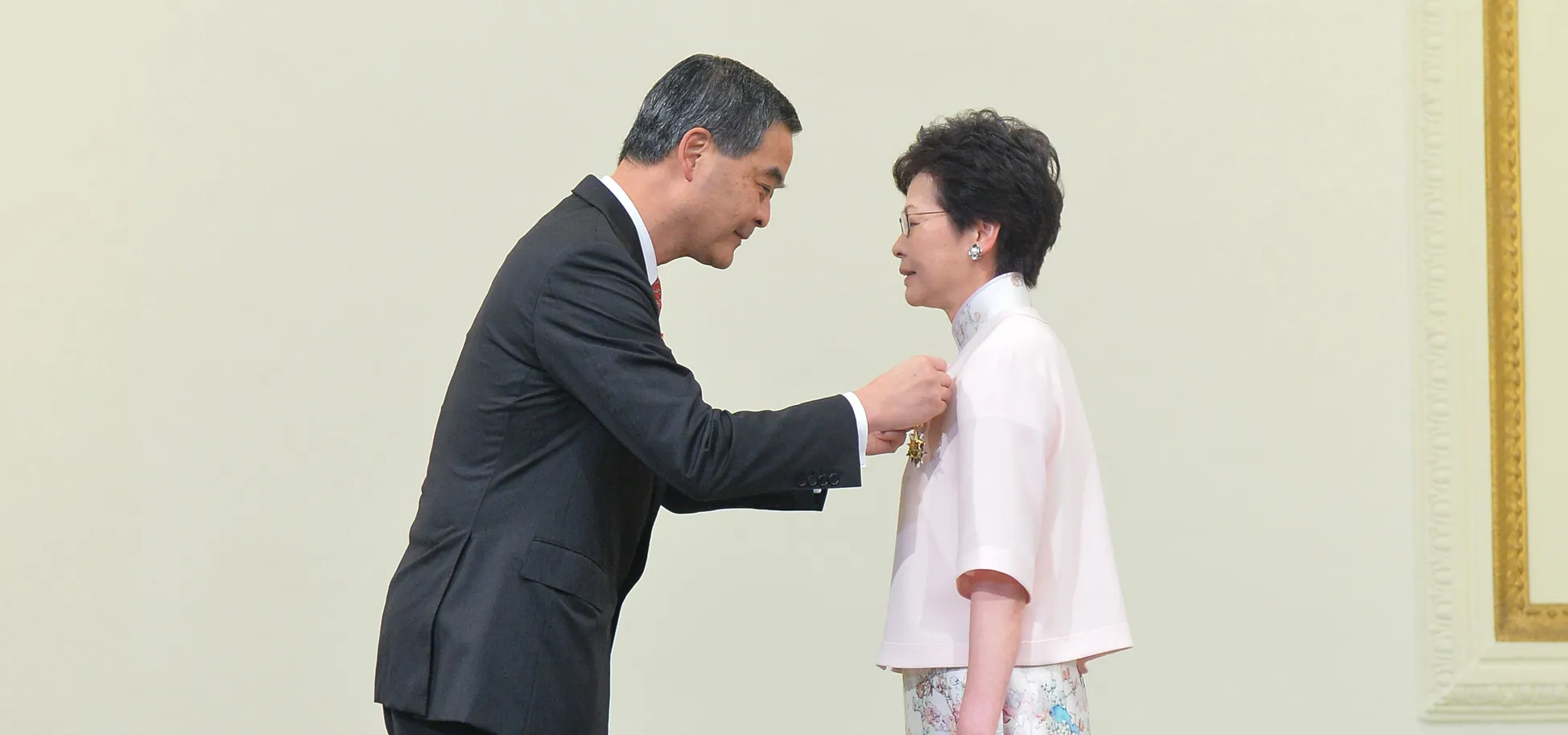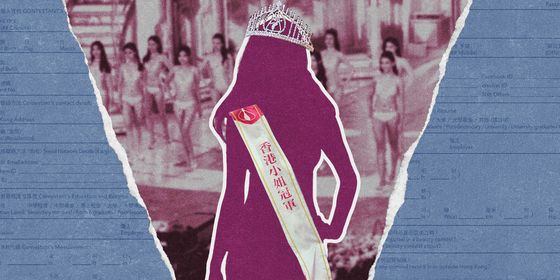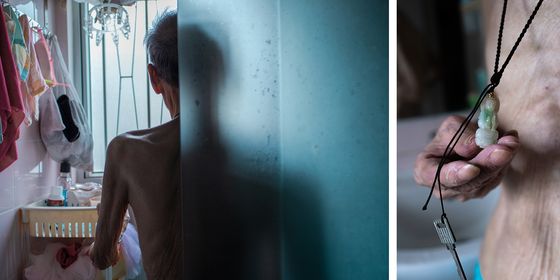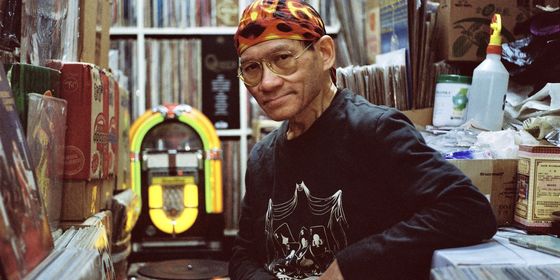Carrie Lam’s election crowns a turbulent relationship with the approval ratings
This past weekend, Hong Kong’s election committee selected Carrie Lam as its new Chief Executive, to replace CY Leung. The result was not the least bit surprising—Lam had been deputy to Leung before taking on the top job, and the Communist Party of China had already expressed its support for her.
The election committee of Hong Kong is a complex body made up of various business groups and industries. It has 1,194 members—of those, 1,163 voted, and 777 of those votes were for Lam. Former head of finance John Tsang came in second with 365 votes.
Lam has a difficult career ahead of her. While she was once a popular figure, in recent years—largely since becoming Chief Secretary for Administration—she has been at the forefront of a number of unpopular measures, and public perceptions of her have taken a nosedive. She has now become the first Hong Kong Chief Executive to be elected despite having a public approval rating below 50 percent.
During her tenure as Chief Secretary for Administration, she was involved in the 2014 attempt to reform the voting system to allow Hong Kong citizens to vote directly for the Chief Executive, instead of the election committee. However, the system put forward, which allowed for candidates to run only if screened by the election committee, proved to unpopular and subsequently collapsed amid street protests.
Early in Lam’s tenure in the administration role, in 2012, the Leung government attempted to introduce the “moral and national education” curriculum into Hong Kong schools. Critics claimed this amounted to brainwashing students. This measure also fell apart amid public protests. There were also controversies relating to whether or not officials took responsibility for lead-contaminated water—Lam flatly refused to concede that it was the fault of officials.
Prior to this period as the head of the administrative division, however, Lam enjoyed a more nuanced and sometimes positive image in the eyes of the Hong Kong public. She spent her youth after graduation climbing the ranks in the civil services, and by the 2000s, she had become the director of the social welfare department. Facing an economic crisis, she slashed spending on new migrants, making welfare only available to those who had been in the city for more than seven years. At the same time, she also set up a fund to pay for the education needs of children whose parents had died in the SARS epidemic.
Her subsequent travails in a series of high-profile construction projects earned her a reputation for being a tough negotiator. With the turbulent political times facing Hong Kong, she is no doubt going to have to call on those skills to navigate the road ahead.
Cover image from takungpao.com.hk












